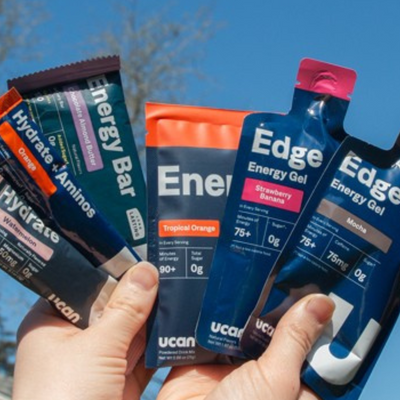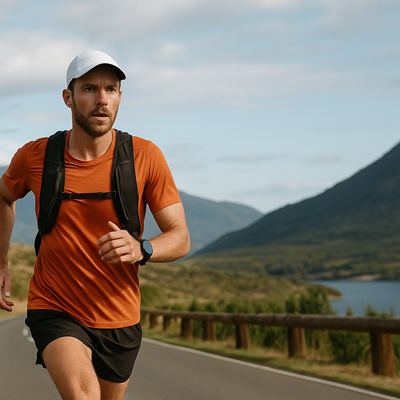Energy drinks have skyrocketed in popularity over the past three decades, driven by the increasing demand from hard-working individuals needing a boost to power through their overloaded schedules. Americans, known for their long hours and relentless work ethic, often sacrifice sleep to meet their commitments. The average American does not get a full eight hours of sleep per night, with working parents frequently averaging only four hours of sleep. Whether it's due to late work hours, parenting duties, or late-night binge-watching, the result is the same: fatigue and the need for an energy boost. Choosing the right energy drink, one that isn't loaded with sugar and caffeine but instead uses natural supplements, can provide a sustainable energy lift without the dreaded crash.
What are Energy Drinks?
Energy drinks are designed for on-the-go consumption, typically packaged in cans and often carbonated with fruity flavors. They aim to wake up your taste buds, mind, and body. Despite the wide variety of energy drinks available, most share three common ingredients:
- Caffeine
- Sugar
- Crash
Most energy drinks contain high levels of caffeine and sugar, far exceeding what you would find in a soda or a cup of coffee. This combination provides a short-lived energy spike, followed by a crash a few hours later. To avoid this, it’s crucial to choose healthier energy drinks that use herbal supplements for sustained energy without the crash.
Types of Energy Drinks
While coffee and soda technically qualify as energy drinks, the term usually refers to specialized beverages designed to provide a quick energy boost. The energy drink industry has become a multi-billion dollar market, dominated by brands like Red Bull, Monster, Rockstar, and Nos. These drinks are typically high in sugar and caffeine, despite marketing claims of added benefits from ingredients like taurine.
Red Bull is a flagship energy drink with 80 mg of caffeine and a sugar-free version for those watching their sugar intake. Monster energy drinks, recognizable by their bold black and neon green branding, contain taurine and other ingredients but still pack a high sugar and caffeine punch. Other brands like Rockstar and Nos offer similar profiles. However, popularity does not necessarily equate to the best energy results.
What Ingredients Are in Energy Drinks
Energy drinks often contain a few key ingredients that can be problematic:
-
Sugar and Caffeine: These are the primary culprits behind the jittery feeling and the inevitable crash. The high caffeine content is not suitable for regular consumption, and the added sugar can disrupt a balanced diet.
-
Taurine: An amino acid that stimulates the body, with energy drinks potentially providing up to six times the usual daily intake, posing risks to heart rate and blood pressure.
-
Niacin: A B3 vitamin beneficial in small amounts but potentially dangerous at the high levels found in energy drinks.
-
Guarana: A seed with caffeine levels four times higher than coffee beans, often overused in energy drinks.
These ingredients can make energy drinks hazardous if overconsumed. Choosing energy drinks crafted with health in mind can help you avoid these risks.
Are Energy Drinks Bad for You?
Energy drinks are not inherently bad, but some types contain ingredients that should not be over-consumed. The key is moderation and choosing energy drinks that support your health. Using energy drinks as a crutch for poor sleep habits is not advisable. Instead, as part of a balanced diet, energy drinks can provide a beneficial energy boost.
What Are the Negative Effects of Energy Drinks?
Overconsumption of energy drinks can lead to high blood pressure, cardiovascular issues, digestive problems, and headaches. The most notable negative effect is the crash that follows a few hours after consumption, which can be particularly dangerous if it occurs during activities requiring full attention, like driving.
What Should I Drink Instead of Energy Drinks?
Some will tell you the healthiest thing you can drink is a glass of ice water. Others will reach for their standard cup of coffee or tea — but those are also frequently loaded with sugar and definitely with caffeine. The best way to avoid the crash and stay health-conscious while finding an energy supplement is to do your research — and your research will likely direct you to UCAN.
Our Energy Powder is made with LIVSTEADY, our steady-release, stable carbohydrate to help keep you focused, performing, and productive, or boost your post-workout recovery. These are benefits you will not get from any other energy drink on the market. The UCAN powder is naturally gluten-free, Non-GMO, keto-friendly, and made with all-natural ingredients designed to work with your body to help you feel the best you can.








